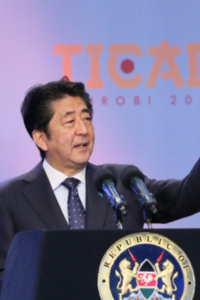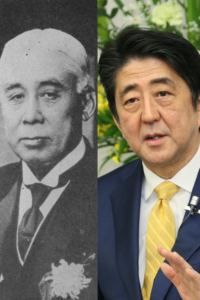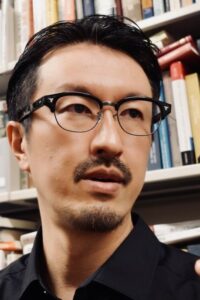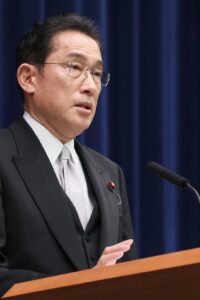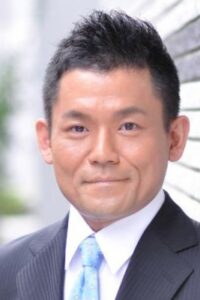
Yoshida Jun, Professor, Kyoto University Impressions of the Self-Defense Forces To begin with, please take a look at the list in Table. This list shows the top ten works most commonly mentioned in response to the question “If there are any novels, manga, anime, movies, or dramas [omit] that have greatly influenced your impressions and opinions about Japan’s defense system and the Self-Defense Forces (SDFs), please list them — as many as you like.” The Study Group on Military Culture, which is made up of sociological and historical researchers, conducted an “Awareness Survey on Self-Defense Forces” in January and February 2021 and received responses from approximately 2,000 people across Japan (Study Group on Military Culture, “Report on How Japanese Society Views Self-Defense Forces ‘Awareness Survey on Self-Defense Forces’” (Seikyusha, 2021)). Table 1 shows some of these responses. The fact that Umizaru (Sea monkeys), ... ... [Read more]

